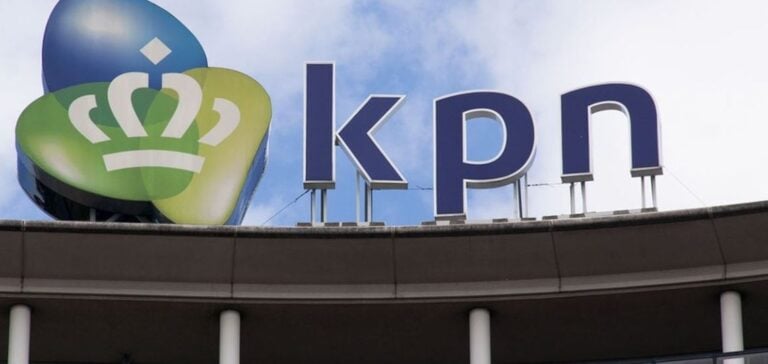KPN, a telecommunications company in the Netherlands, is committed to renewable energies. The company has signed a 15-year contract with Eneco to purchase the electricity generated by the Kabeljauwbeek solar park, which is due to be fully operational in early 2025. The park, comprising around 88,000 solar panels, will supply green energy to KPN’s fixed and mobile networks. In addition to this, KPN will purchase over 200GWh of electricity from 2027, from the new Ecowende wind farm, located over 50 kilometers off the Dutch coast. Joost Farwerck, CEO of KPN, explains: “We’ve been working for years to improve our internet, to make it faster, more stable, but also greener and more socially responsible.
Partnership with Eneco
The collaboration between KPN and Eneco is crucial to both companies’ climate ambitions. As Tempelman, CEO of Eneco, emphasizes that this agreement enables Eneco to invest more in solar and wind power projects. Since 2011, KPN’s fixed and mobile networks have been powered by green electricity, and the company has been climate neutral since 2015.
Green energy optimization
KPN has also installed solar panels on 40 of its technical buildings, increasing the proportion of renewable energy used. By combining solar and wind power, KPN aims to align electricity production with consumption, reducing the need to rely on other energy sources. This approach optimizes the use of green resources, especially in periods of strong wind or intense sunlight. Another key innovation is “pay as nominated”: KPN buys electricity as it is produced, maximizing the efficiency of the use of available green energy. Farwerck adds, “Within two years, our customers will almost exclusively use an internet network powered by sustainable energy.”
Reducing energy consumption
KPN has reduced its energy consumption by 42% since 2010, despite a massive increase in data usage. The company aims to reduce this consumption by a further 10% by 2030. In addition, KPN has set itself circular economy targets, aiming to reduce emissions from the entire value chain to net zero by 2040.
Impact on the Energy Sector
KPN’s initiative could inspire other companies to adopt similar strategies, thereby stimulating investment in renewable energies. The partnership with Eneco illustrates how strategic collaborations can accelerate the transition to a sustainable economy. Tempelman says: “These contracts enable Eneco to continue investing in solar and wind projects, which are essential to achieving our goal of climate neutrality by 2035.






















